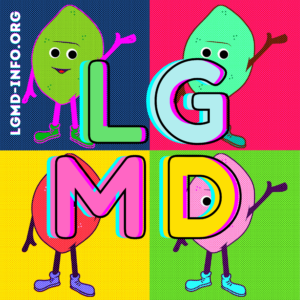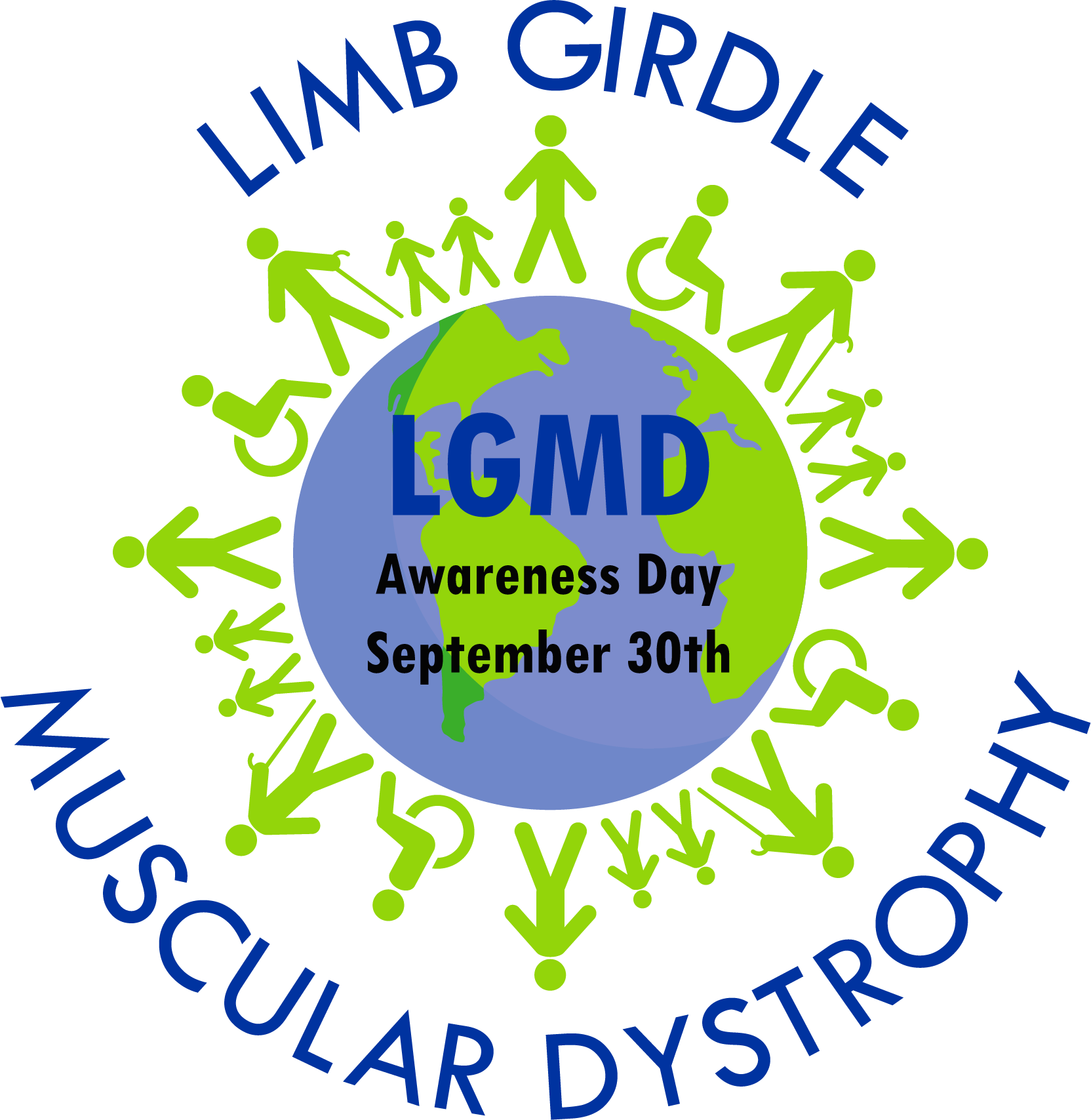
LGMD Awareness Foundation, Inc. is a 501(c)(3) non-profit advocacy organization dedicated to globally raising awareness of the rare neuromuscular conditions known as limb-girdle muscular dystrophy (LGMD). In collaboration with other LGMD foundations, our focus is to provide curated educational information and resources for the LGMD community and public.
By increasing awareness of and advocating for individuals living with limb-girdle muscular dystrophy, we hope individuals living with these progressively debilitating conditions will have an easier time accessing diagnosis, care, and treatment.
Facts about Limb-Girdle Muscular Dystrophy (LGMD)
Limb-girdle muscular dystrophy (LGMD) is a term for a group of rare conditions that cause weakness and wasting of the muscles in the arms and legs. The muscles most affected are those closest to the body (proximal muscles), specifically the muscles of the shoulders, upper arms, pelvic area, and thighs.
LGMD IS A GENETIC DISORDER
It is not contagious, caused by an injury or any specific activity.
LGMD CAN AFFECT THE HEART AND LUNGS
In some forms of LGMD, breathing and cardiac issues may develop.
LGMD IS A PROGRESSIVE CONDITION
The rate of progression can vary from person to person even within the same LGMD sub-type and in families.
LGMD SYMPTOMS CAN APPEAR AT ANY AGE
Typically, the earlier the onset of the disease, the more severe the symptoms over time.









